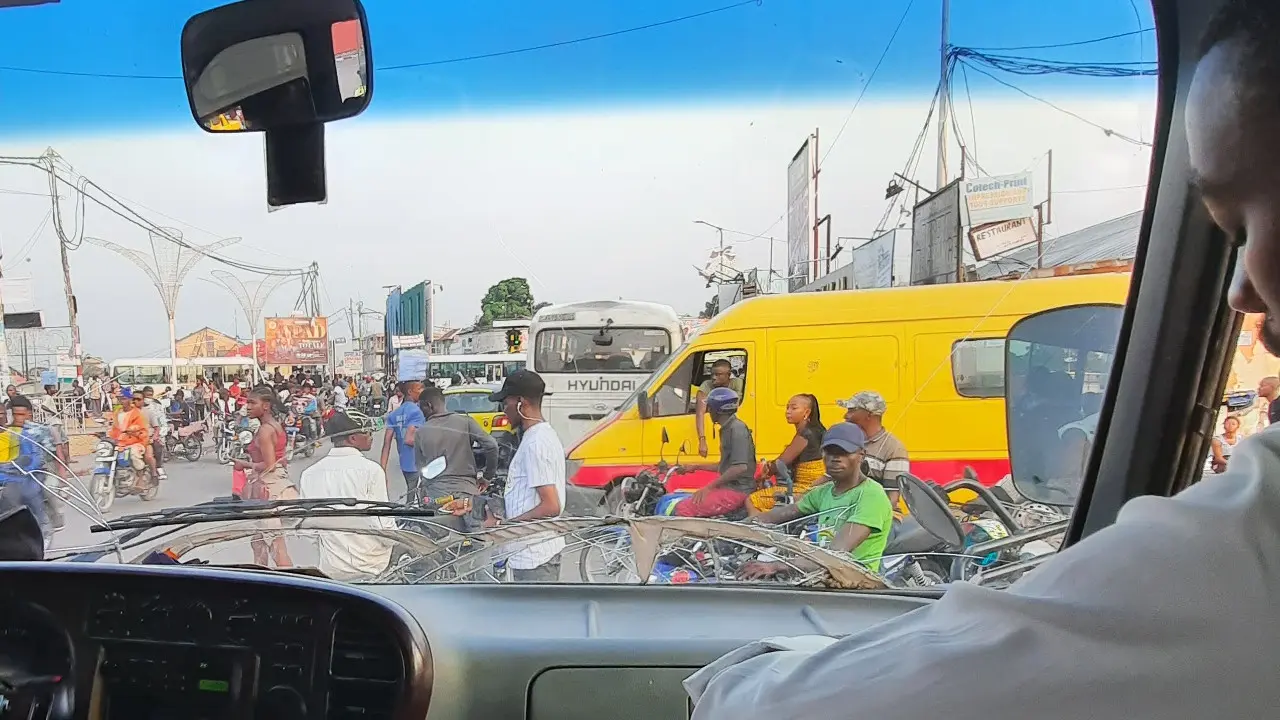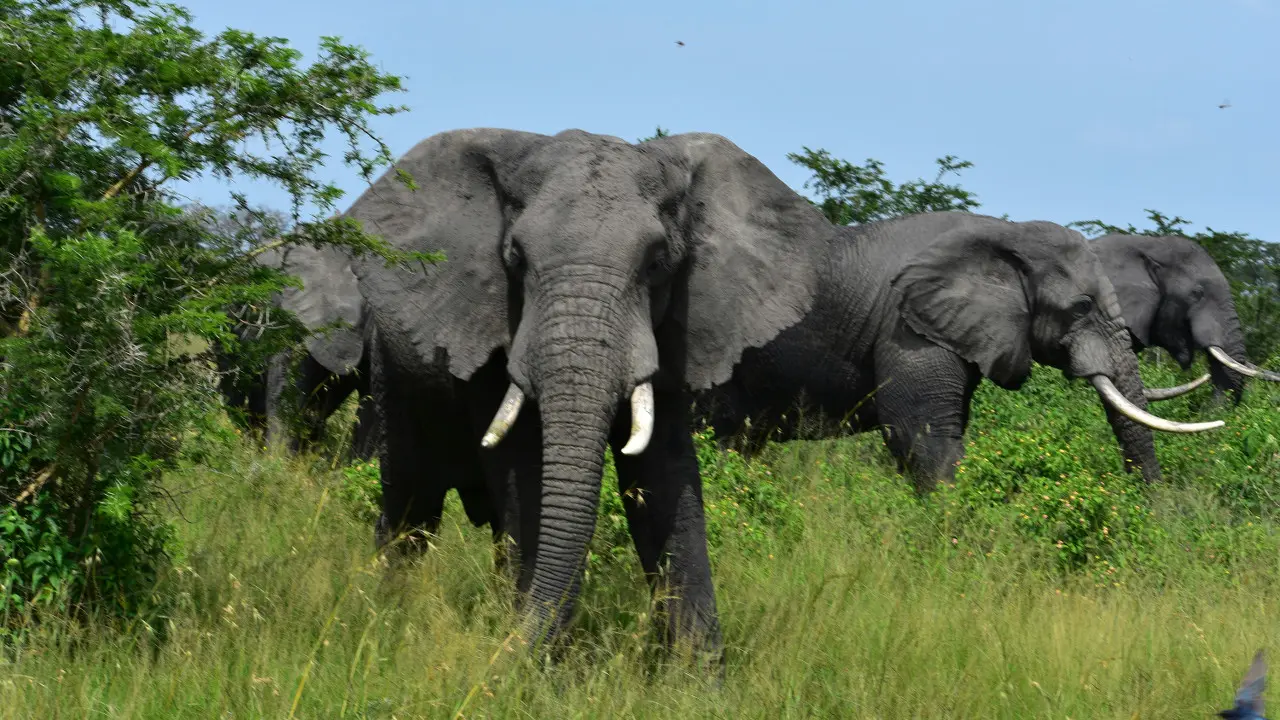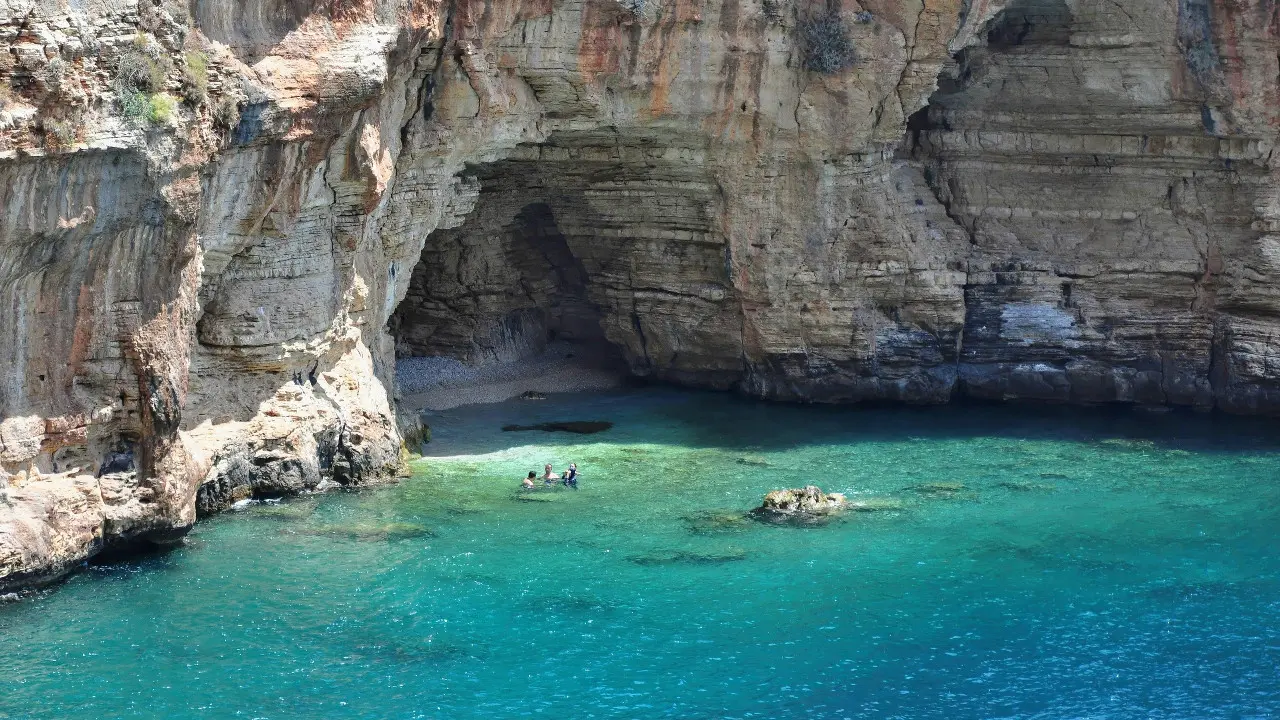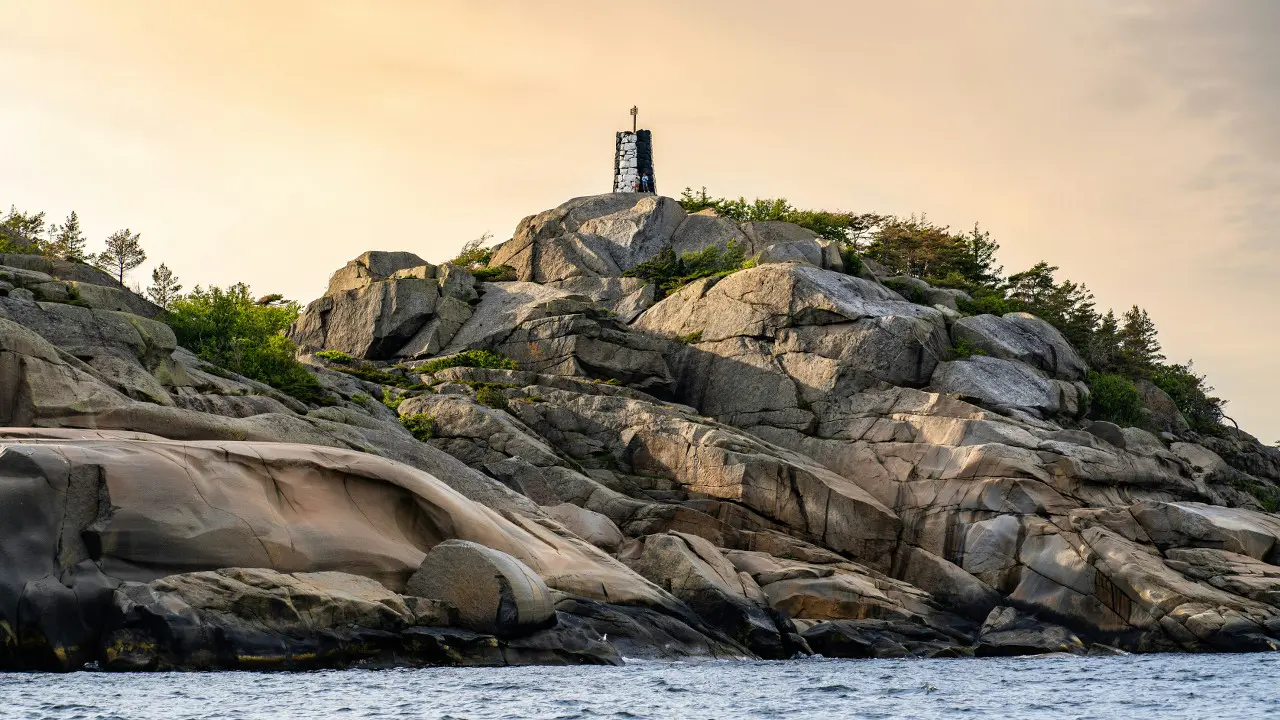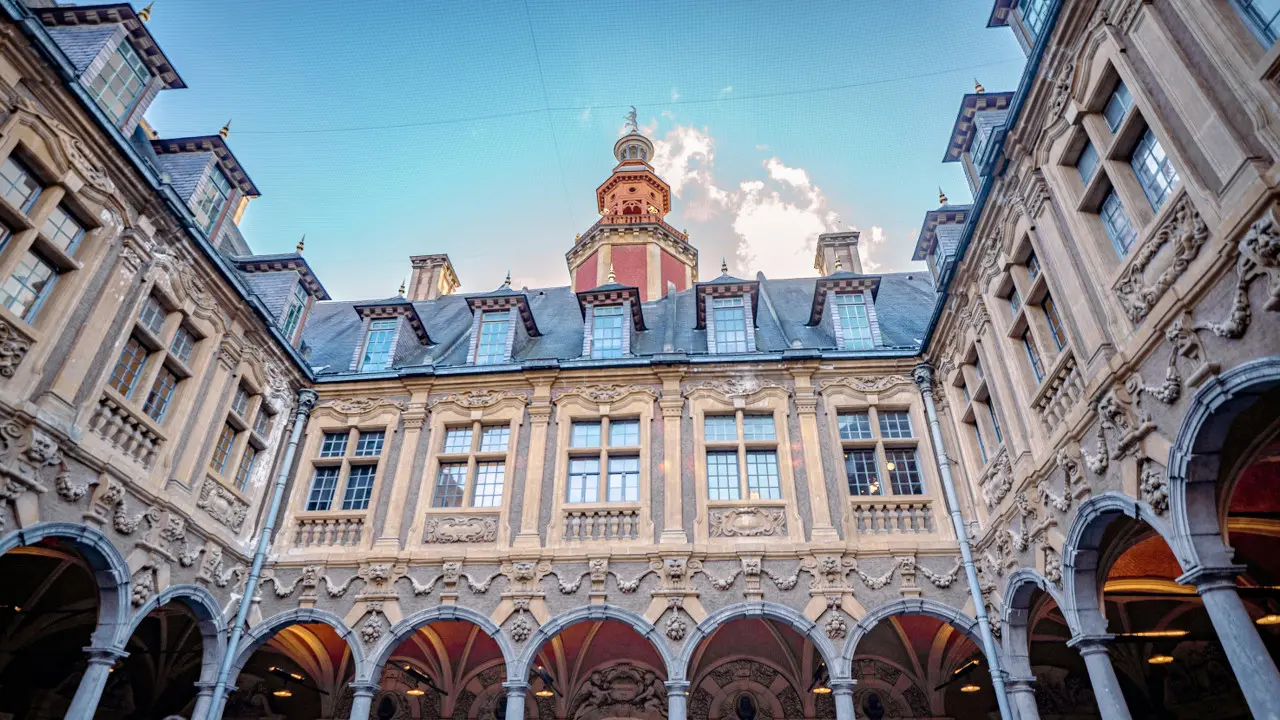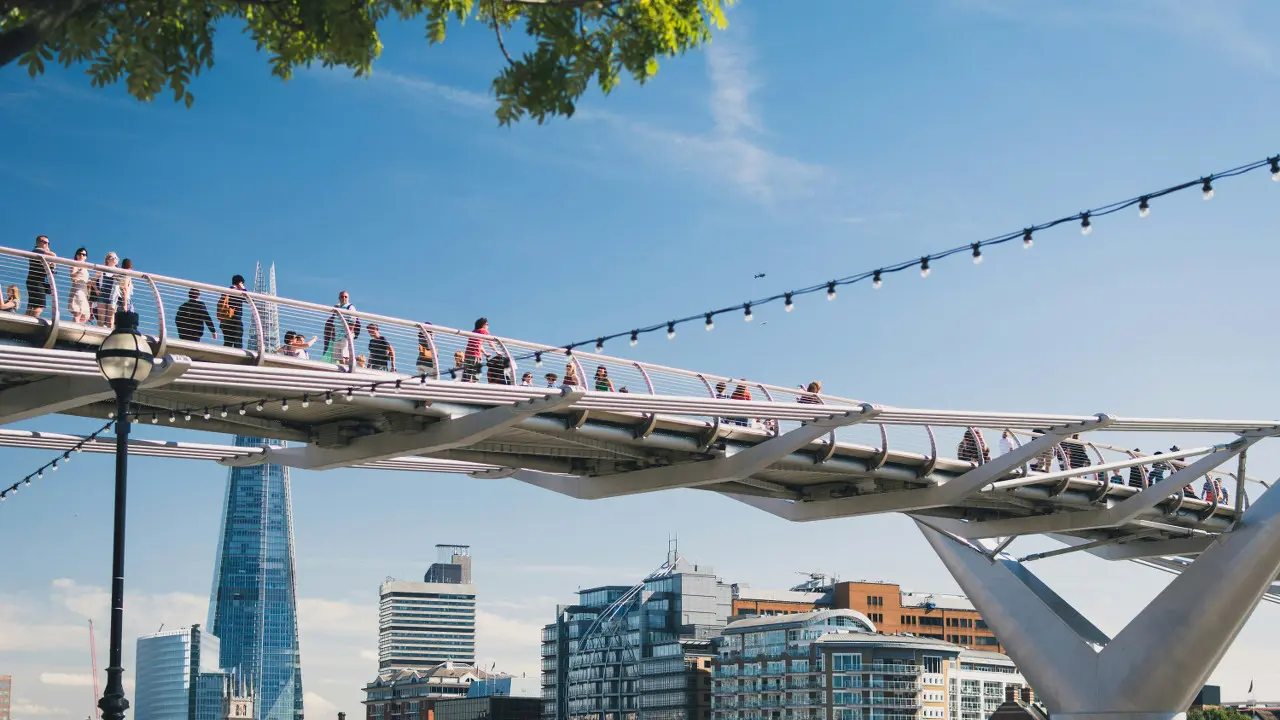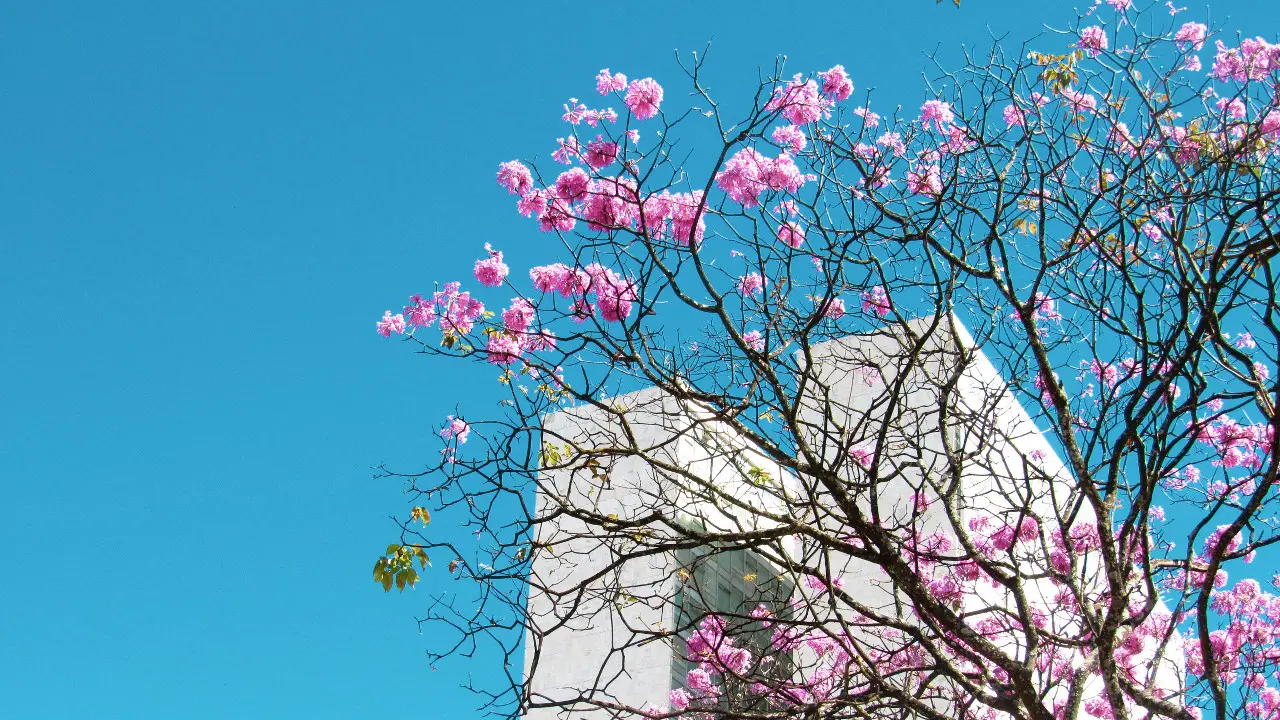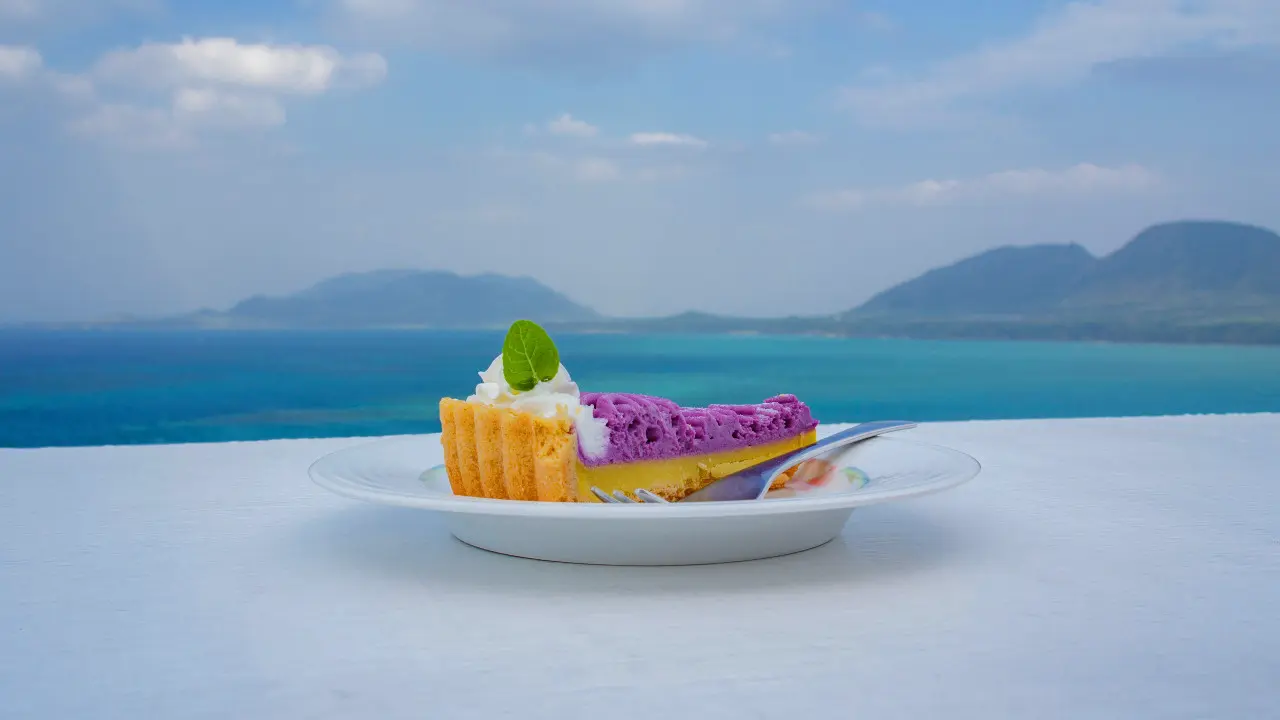ABOUT
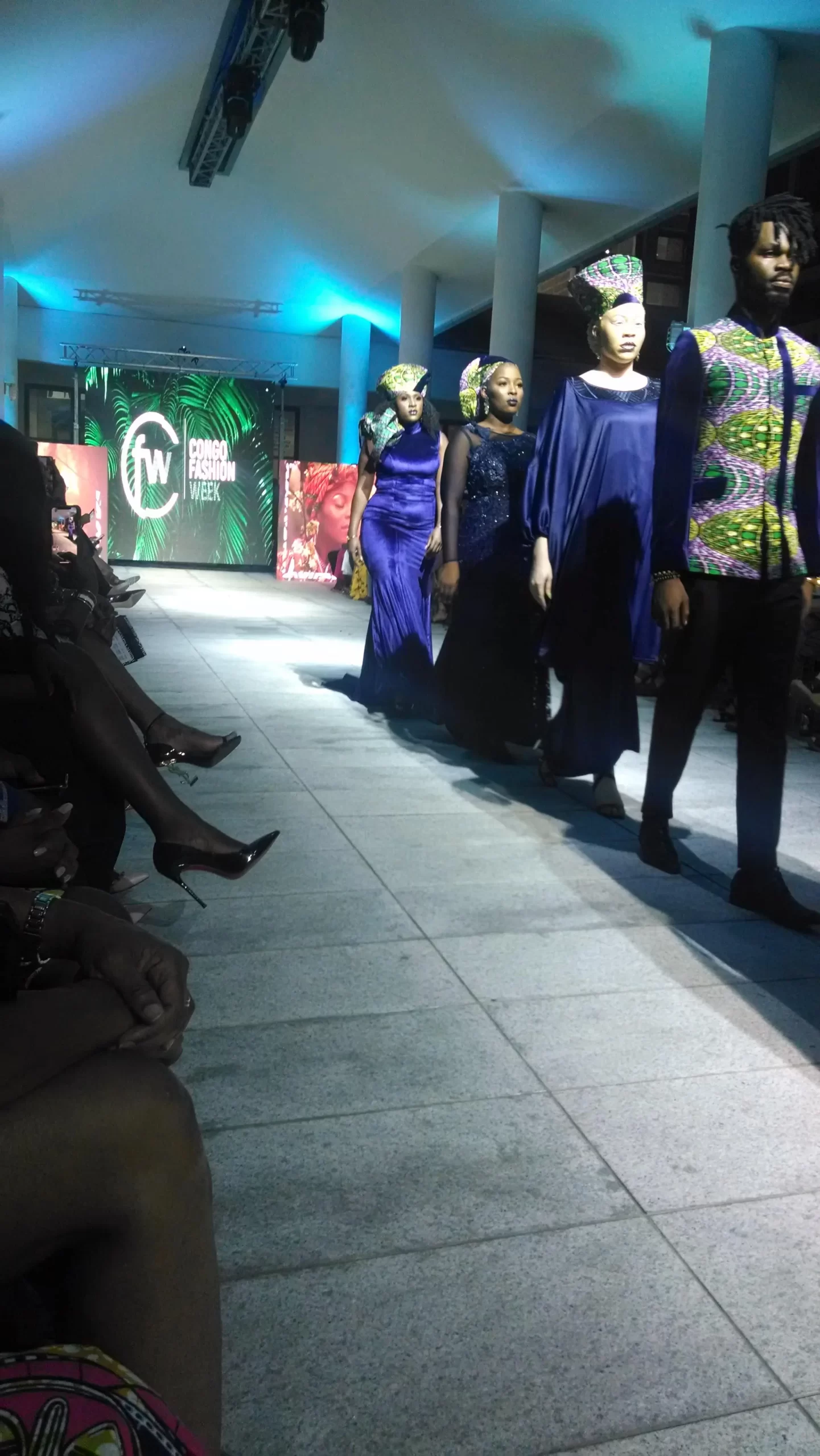
Sondra was born and raised in Ohio, went to a university to study Public Relations and French, and graduated with a Bachelor’s in Business & Organizational Communications. Then she completed the Teaching Assistant Program in France (TAPIF) after she graduated university. She learned French in school but the TAPIF program really helped because she had to do all her own papers, lease etc… in French! Through a long travel from France to Madagascar to Guinea, she ended up getting a Master’s in Education in Cleveland, Ohio and working in International Schools as an elementary teacher. She recently left the Democratic Republic of the Congo after 7 years and now she teaches in Paraguay.
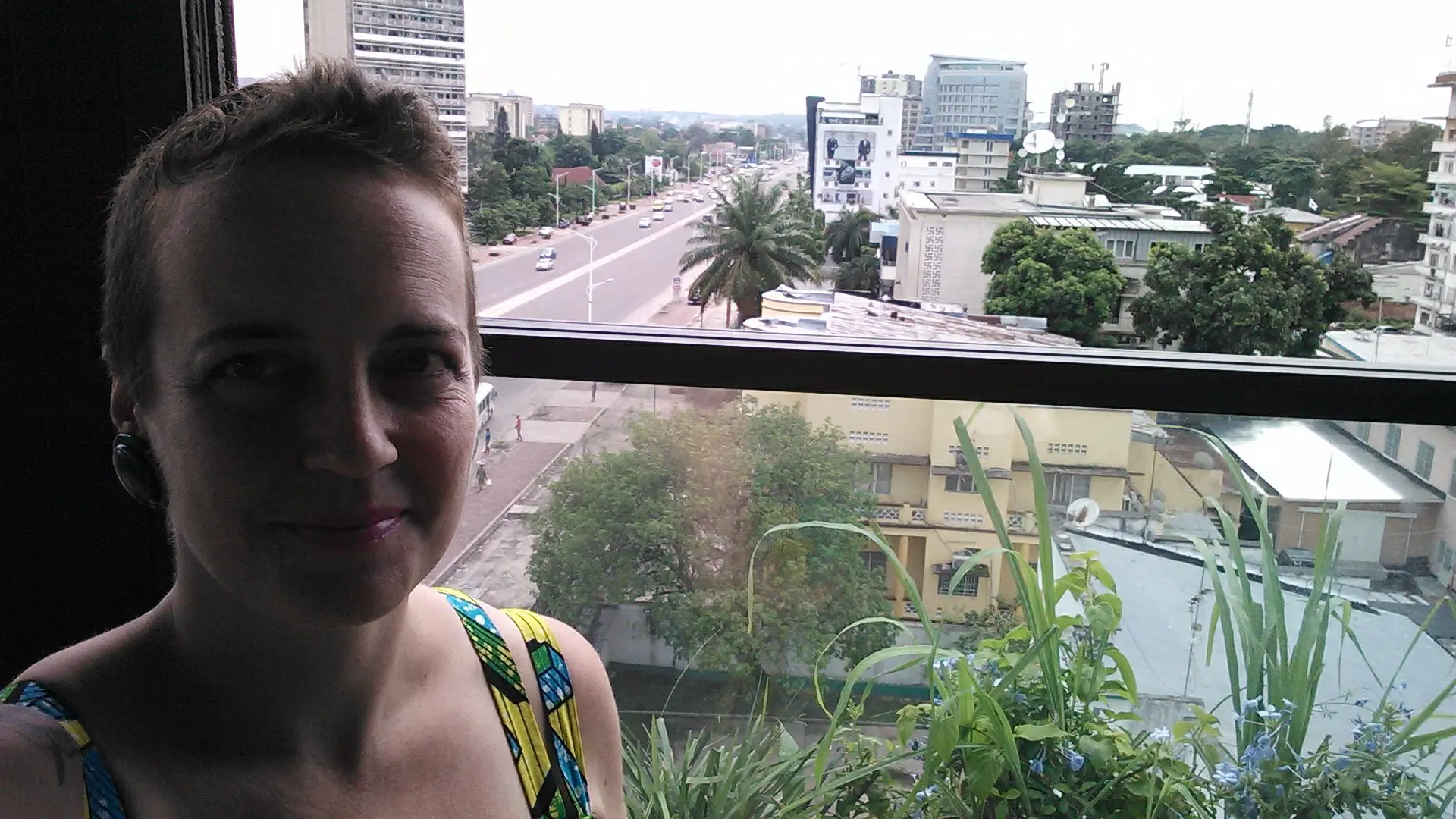
Moving to Kinshasa
When and why did you move to Kinshasa?
I moved in 2015 for a job right after I got my Master’s Degree. It was really hard to find a position because I had dependents and not a lot of elementary homeroom teacher experience. I had tried to get a job in West Africa (where my husband is from) and got hired in Liberia in 2014. Then the Ebola outbreak happened and the school closed 3 days before we were supposed to fly out to go there. Imagine being all packed and ready to go and then in 3 days your whole world changes!!!! I had to take a year off and then tried to apply all over Africa. I only got one interview, in Kinshasa, and they offered me the job. It must have been luck or something. I ended up loving it!
How did you get set up?
The school (The American School of Kinshasa) did a lot to help set this up. They paid my salary through my American account so I didn’t need to open a bank account in DRC. For the phone they took us to the store to get the SIM card when we first arrived. There is definitely a lot of support from the school in getting these things taken care of right away.
Was it difficult for you to get medical insurance?
We had a very nice plan through the school. The process was just to submit receipts for reimbursement via the online platform. The hospital that we used in Kinshasa accepted credit cards, so I paid with a card and then got reimbursed (+points!). Medical costs aren’t very expensive either (by comparison to U.S. prices) so it was very straightforward.
What did you bring with you?
I usually just bring a screwdriver set, Swiss Army knife, and other basics that I don’t want to have to buy. I don’t usually bring a lot of food or special items from the U.S. because I like to use what is available in the place. When I moved to Kinshasa I also had very young kids, 1 and 5, so we did bring the baby supplies we thought we would need. I prefer the adventure of trying to find things and get to know the place. I brought a lot of skirts which was a bad idea. I should have brought pants. It’s much better to just be covered in light clothes for mosquitoes.
How did you find an apartment in Kinshasa?
The housing is provided by the school and is on the school campus. I had a family so we lived in a bigger house. There are different units with different numbers of rooms depending on your situation. There was no rent and there is a very wonderful maintenance team that handles repairs to the houses. We didn’t pay anything.
What surprised you about life there?
Kinshasa is a huge city. Like Dieudo Hamadi the film maker said, “there is a film possible on each corner of the street”. There is always a surprise waiting for you in this bustling metropolis. What surprised me was how friendly and personable people are for a big city with millions of people. People talk to each other still! You can easily strike up a conversation with someone, get their contact and then kind of randomly keep in touch.
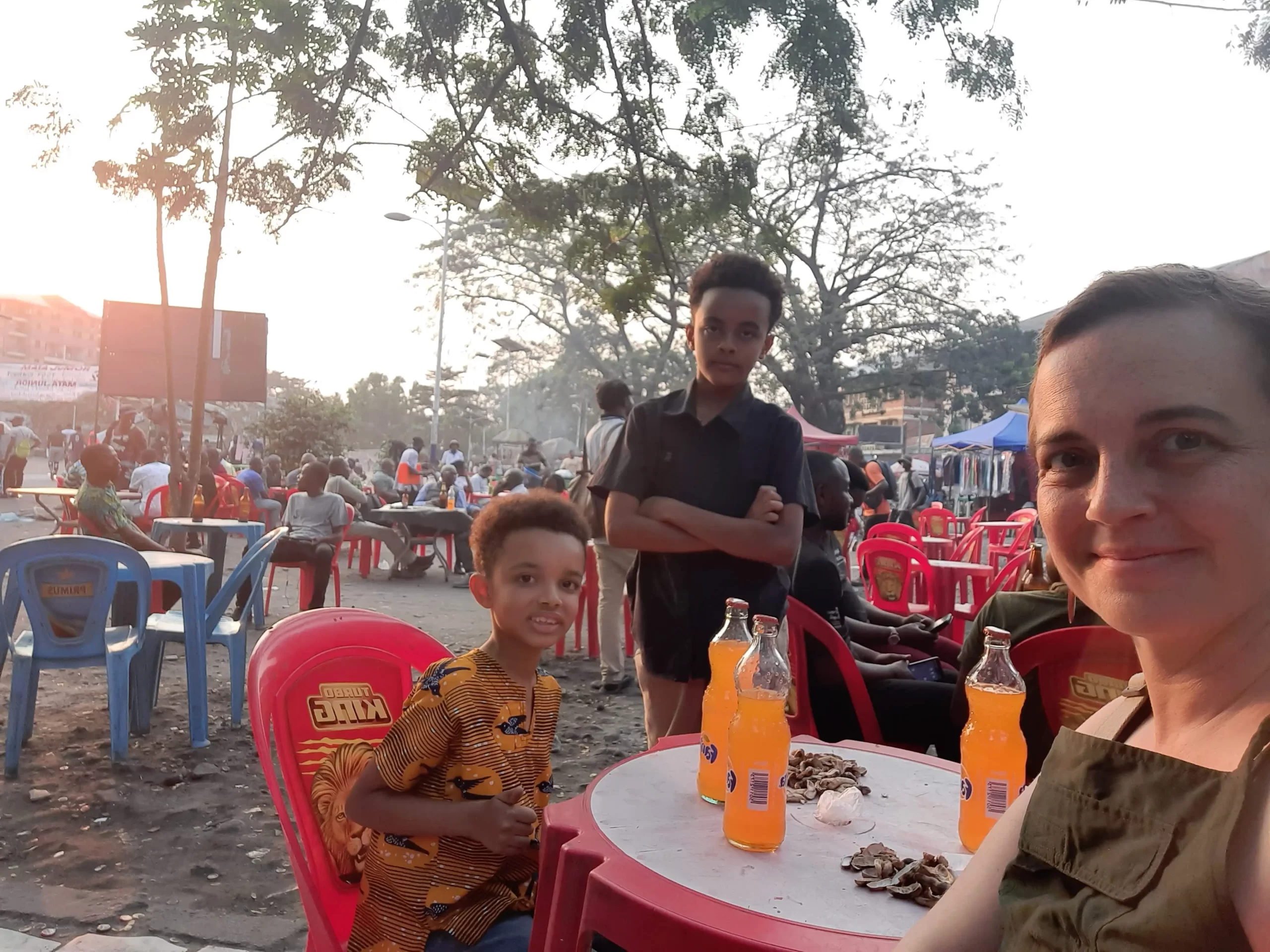
Living in Kinshasa
What should people consider before deciding to move to Kinshasa?
You should consider how much you enjoy big cities and how comfortable you are with city life and living amongst millions of people. I think chaotic is a fair description of the city and it’s a great place for people who love a fast-paced life. You should also consider how much experience you really have living in places where the police will stop your car for no reason and ask for money. If you’ve never lived in a place where this is normal then, you will need to adjust your thinking. I love Kinshasa. However, I speak French, I’m comfortable being obviously a foreigner and used to big cities.
What specifically is Kinshasa famous for?
Kinshasa, and DRC, are known for a lot of things. Congolese music is very well-known around the African continent, and the world. Congolese rumba is well known and was added to the UNESCO Representative List of the Intangible Cultural Heritage of Humanity. The Congo River is also very famous and provides so many wonderful spots to sit along the river, drink something, eat grilled meat, and enjoy time with friends. The blind cichlids, and other fish of the Congo River, are also famous, but probably only in the sphere of people interested in fish!
What stores or apps do you find useful in your daily life in Kinshasa?
I tried to shop locally so I often went to a store called KFC located in Kitambo Magasin for groceries. They specialize in having a lot of local products. I also tried to go to the local market and spend money outside of the big grocery stores with expensive cheese. A lot of people get a lot of their groceries there, but I always took my kids out a couple times a week to do smaller purchases. I didn’t really use apps or websites, except during Covid when we would get things delivered. I like making myself go out! Different people’s experiences in Kinshasa will be so different because some people really loved the big hyper stores with lots of imported products.
What are your favorite places in Kinshasa?
Down by the Congo River is magical. You can eat poulet mayo (chicken cooked in mayonnaise), peanuts, have drinks, enjoy some fried termites or shrimp and just hang out. It’s the thing to do on Sundays. The Congo River is so massive that you can see Brazzaville (Republic of the Congo) on the other side, but the current is too rough to cross.
I also really loved just roaming around the city. There’s so much to see just by taking the bus in one direction, getting off and coming back again. There are tons of markets where you can wander around and find treasures you didn’t know you needed! If you get tired, you can just stop off at a little terrasse to drink something and people watch.
I also really loved just roaming around the city. There’s so much to see just by taking the bus in one direction, getting off and coming back again. There are tons of markets where you can wander around and find treasures you didn’t know you needed! If you get tired, you can just stop off at a little terrasse to drink something and people watch.
How much money do you need to live comfortably in Kinshasa?
This varies depending on the life that you want. If you eat at the malewa (women who cook on the side of the road), it won’t be that expensive. If you want to eat at the fancy rooftop sushi places, then you will pay a lot for a meal. Going out to clubs, nice bars and restaurants is expensive. Eating fufu and pondu at the malewa and drinking beer at plastic tables in a side neighborhood is cheaper. You really craft the life that you want. You either buy the imported and expensive food, or you get in season items at the market.
I do need to state that my experience is based on working at the American school in Kinshasa. Just living in the city and working at a different school would be a totally different experience. A lot of the costs of living in the city are reduced by having free housing and access to the school’s cars to drive. Local hired teachers don’t have those privileges, so their cost of living is different. It’s a very expensive city and the cost of rent is easily comparable with New York City, or other big cities.
I do need to state that my experience is based on working at the American school in Kinshasa. Just living in the city and working at a different school would be a totally different experience. A lot of the costs of living in the city are reduced by having free housing and access to the school’s cars to drive. Local hired teachers don’t have those privileges, so their cost of living is different. It’s a very expensive city and the cost of rent is easily comparable with New York City, or other big cities.
Did you feel safe as a woman living in Kinshasa?
I have a lot to say on this topic. I was a 35-40 year old white, American lady who does speak French. I have also lived in other places on the African continent and feel comfortable sticking out. I’m also used to not understanding what people are really saying in Lingala, or Swahili. I took the local transport all around the city and often by myself. I had 0.00000 problems ever. Usually if I was real far out of the ‘foreigner area’ people would think that I was lost and try to help me get a bus! I think the way you carry yourself says a lot. I went to the big markets, took the bus far just to see where it went, and generally tried to learn Lingala and talk to people. I didn’t often take the bus out at midnight alone and wouldn’t recommend walking too much at night, but overall I felt safe.
What's on your list of favorite restaurants and cafés in Kinshasa?
Le Balcon is one of my favorite places. It’s so chill and you can look out over the traffic at the Kitambo intersection. My favorite foods were usually the mamas with their tables and authentic Congolese food. I didn’t come to another country not to eat the most authentic food! I’m a big street food fan. (and no I didn’t get sick) I love coffee and there are a lot of nice cafes in Kinshasa, but they’re kind of upper society places more than local establishments.
I loved, loved going to Bandal to eat poulet mayo on the street and just watch people passing by on the road. There are so many places to eat all over the city that are just tables and chairs outside. These places have big grills with meat and people go to drink beer, or pop and just relax. There is always music. Planet J is another great local restaurant that has several locations and is owned and run by Thérèse Izay Kirongozi who is known for being the engineer behind the traffic light robots in DRC.
I loved, loved going to Bandal to eat poulet mayo on the street and just watch people passing by on the road. There are so many places to eat all over the city that are just tables and chairs outside. These places have big grills with meat and people go to drink beer, or pop and just relax. There is always music. Planet J is another great local restaurant that has several locations and is owned and run by Thérèse Izay Kirongozi who is known for being the engineer behind the traffic light robots in DRC.
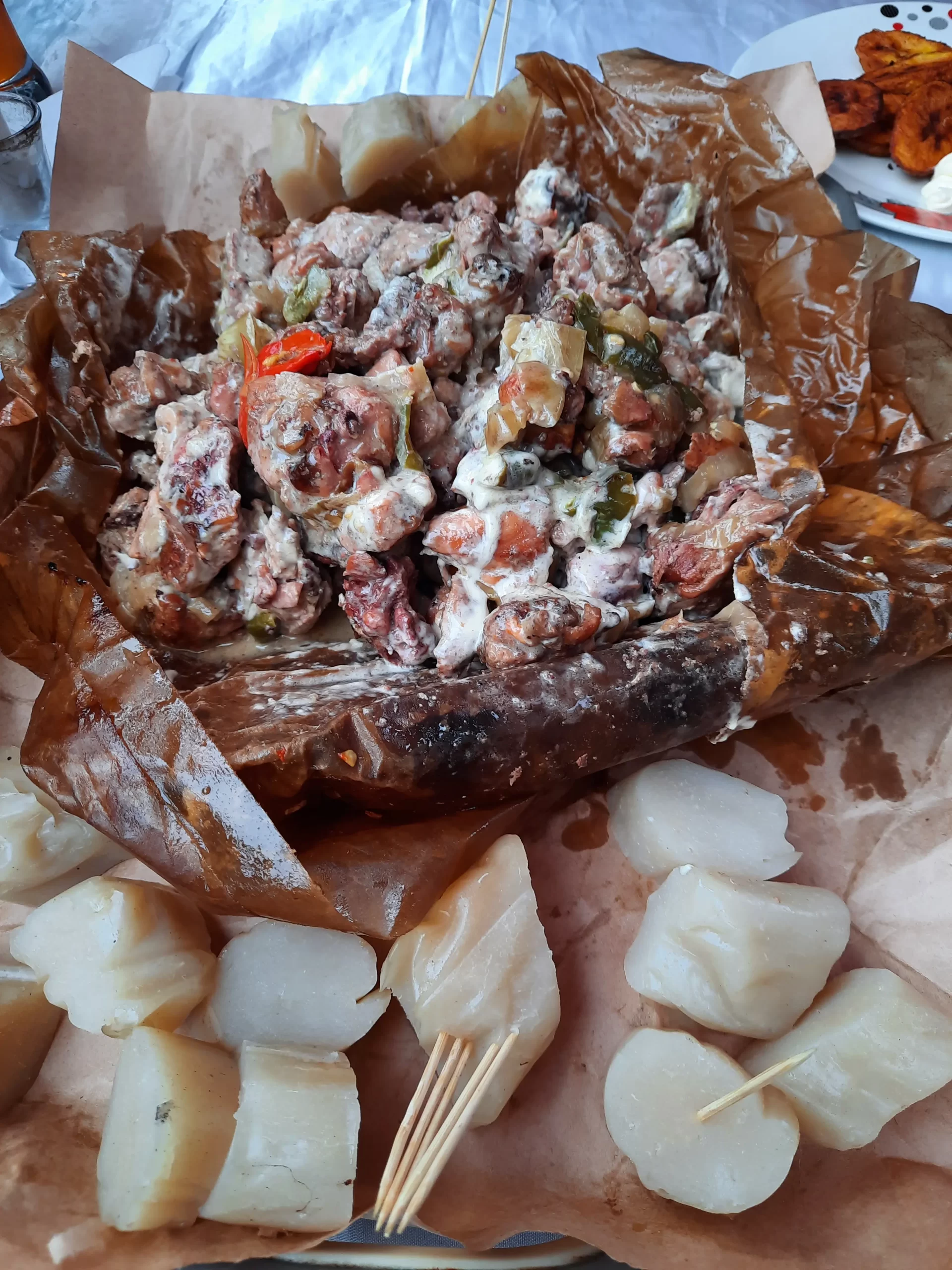
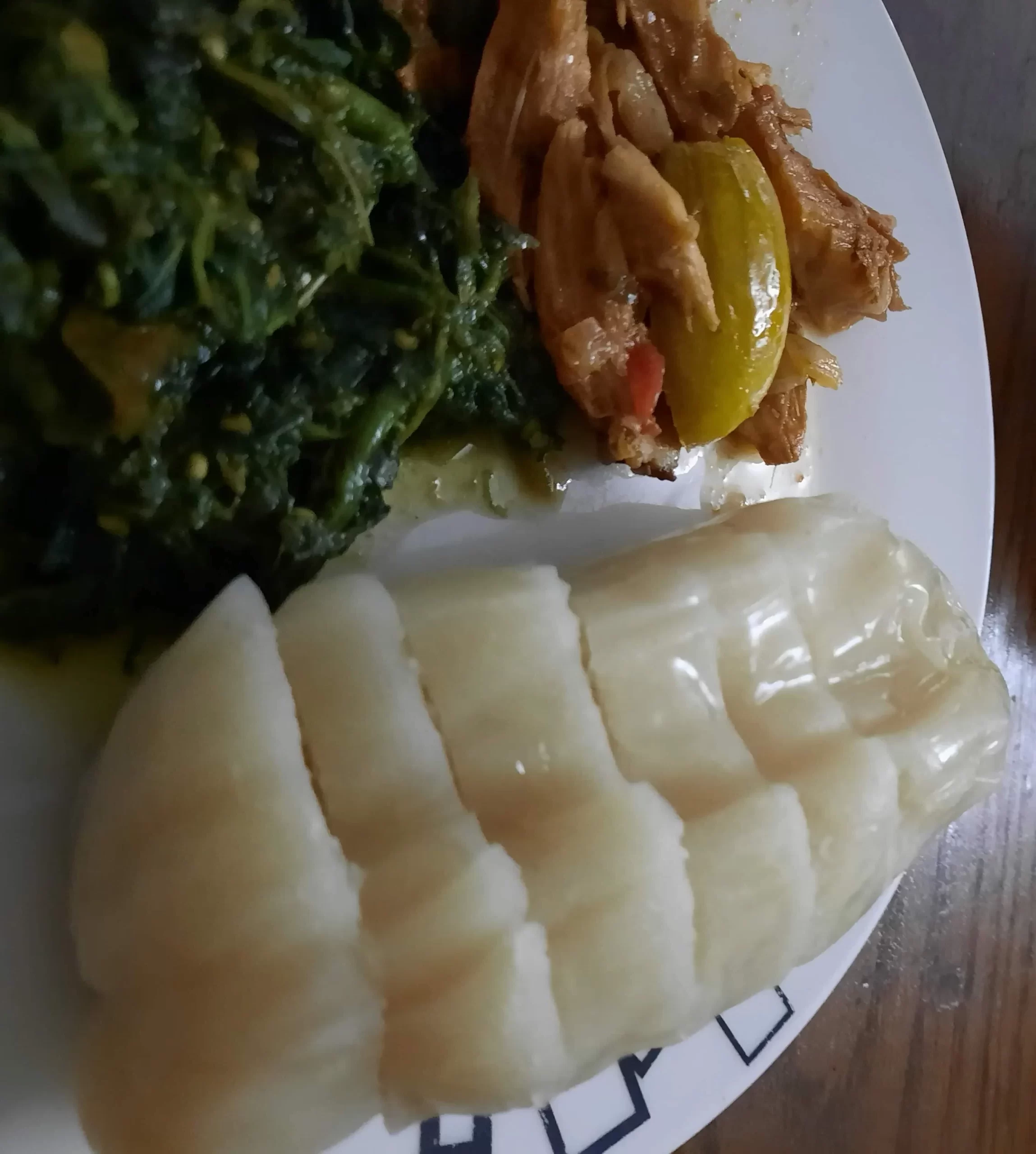
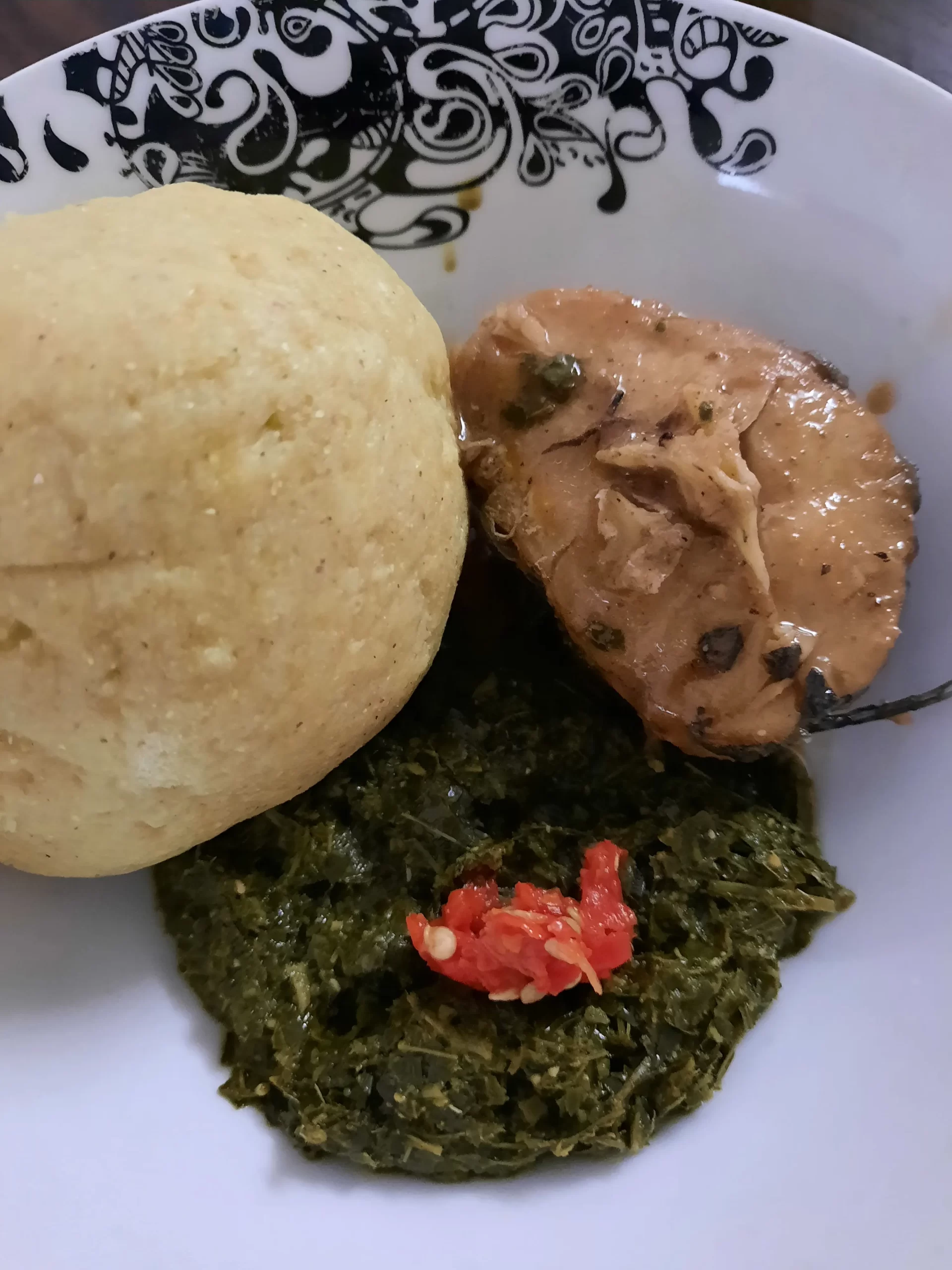
What is the most recent thing you've read in the news about life in Kinshasa?
Kinshasa often gets a bad reputation, so news isn’t usually favorable. There are sometimes protests and large activities that make the news. The most recent thing was about people protesting the continued occupation of areas in the East by the United Nations Peacekeeping forces. I think you take the news with a grain of salt. If you lived in New York, would you be concerned about an earthquake in California? Besides the humanity of these events and their general effect on people’s lives, it’s silly to think a protest in one area of the country makes the whole place dangerous for everyone.
What do you think about young Congolese people?
It’s a city of 15 million people so to speak about Congolese people…..of which there are 80 million in the country……is a big statement. There are many regions of DRC that are completely different, so it’s hard to talk in general. It’s a very culturally diverse place with over 200 languages spoken. So you can eat one type of food in one region and speak a language, and then travel to the other side of DRC and eat completely different foods and speak a different language. For example, a lot of people in Lubumbashi spoke English because of the border with Zambia. Many people in the East speak Swahili and in Kinshasa there’s a lot of Lingala.
I will say there is a high level of respect for older generations in general. There is the expectation that older people are wiser and should be respected for their wisdom. Every gray hair gets you more respect and as a woman with kids I got greeted as ‘Bonjour Mama’.
I will say there is a high level of respect for older generations in general. There is the expectation that older people are wiser and should be respected for their wisdom. Every gray hair gets you more respect and as a woman with kids I got greeted as ‘Bonjour Mama’.
Can you tell us something else about Kinshasa that we might not know?
You might not know that there are a lot of foreigners there. DRC is always on the danger list, but there’s a large population of people there for work, or business. So despite all the danger warnings, every embassy in the world is shipping families there for different postings. Usually the families attached to embassies, or NGOs don’t have much freedom to travel. Quite often they aren’t allowed to walk anywhere, or take public transport. There are entire neighborhoods that are off limits for them. They aren’t allowed to travel around the country, or move very freely. Working at the school we did not have these restrictions which was awesome. We were encouraged to be smart and vigilant, as you are in life, but we could travel freely and get to know Kinshasa and DRC.
What are some local artists in Kinshasa that you recommend checking out?
A lot of local art goes through the Académie des Beaux-Arts de Kinshasa which is the university where a lot of local artists can be found. There are often exhibitions and you can meet local artists there. The National Museum is very new and beautiful. There are often events there too showcasing local artists, or having different shows with music and fashion.
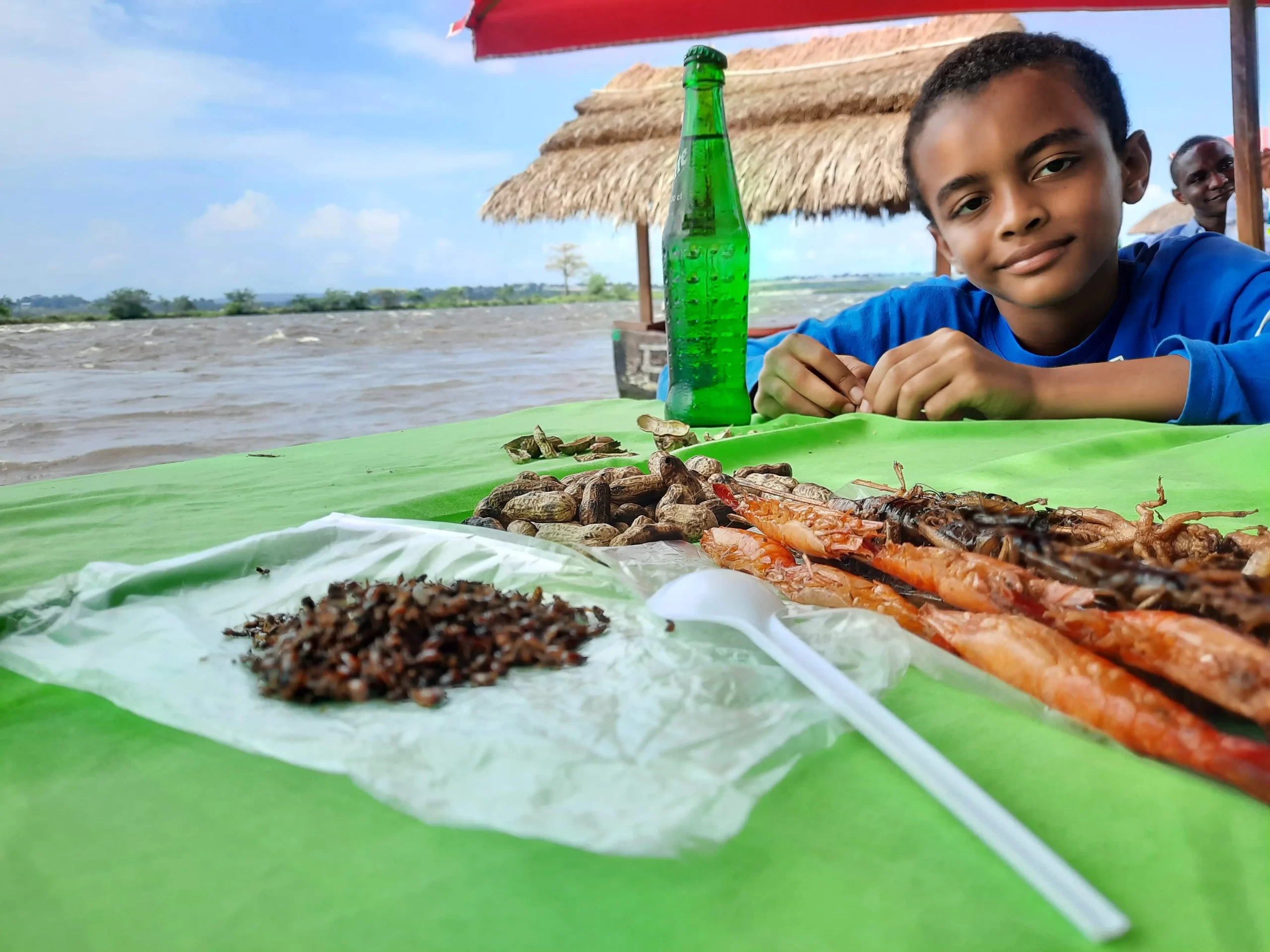
Final Thoughts
What resources should people look at to learn more about Kinshasa?
I love the OFF TO Magazine about Kinshasa that they published a while ago. You can get the digital version on their website and it’s a really comprehensive view of the city from the Congolese perspective. It’s important that people look for resources written by Congolese people, not foreigners. I think Kinshasa, and DRC, are very complex places with a lot of history that isn’t really easy to fully understand. Kinshasa Makambo by Dieudo Hamadi shares some of the struggles. Anyone living on the African continent should read Walter Rodney’s How Europe Underdeveloped Africa to truly understand some of the impact of historical events and how they play out in some countries that were formerly colonized by European countries.
What do you know about music from Kinshasa?
The music is famous! You hear music all over the city. Koffi Olomide is one of the famous singers from DRC but the music industry is very strong. People all over Africa listen to Congolese music. Fally Ipupa is quite famous along with Gims and his brother Dadju. Dadju has recently been selling out stadiums in France and breaking into the UK music scene too.
What did you learn about yourself through this adventure?
I learned that danger warnings are overrated. I learned that ideas are scarier than reality and most people out there are just living their lives. I had a lot of personal changes happen when I was there too. I became a solid teacher, connected with students, really worked to integrate local stories into our PYP curriculum and discovered a whole path of life that interests me focused on Third Culture Kids.
I also realized that I can do hard things. After the school year was over, I traveled around DRC with my kids for a month. Traveling within the DRC isn’t so easy. Sometimes it was 24 hour bus rides with a lot of ‘discussions’ about my passport at every checkpoint. Other times it was finding protocol people at national airports to get us through, or just navigating around new cities without all the internet resources you might find in other places.
I learned that sometimes you can’t have a plan and you can’t find a hotel before you get to the city. I learned that someone on the bus will help you find a guy who knows a place and it will all be fine.
I also realized that I can do hard things. After the school year was over, I traveled around DRC with my kids for a month. Traveling within the DRC isn’t so easy. Sometimes it was 24 hour bus rides with a lot of ‘discussions’ about my passport at every checkpoint. Other times it was finding protocol people at national airports to get us through, or just navigating around new cities without all the internet resources you might find in other places.
I learned that sometimes you can’t have a plan and you can’t find a hotel before you get to the city. I learned that someone on the bus will help you find a guy who knows a place and it will all be fine.
What are some disadvantages to living in Kinshasa?
This is important to understand. Water and electricity outages are a common disadvantage, along with slow internet service. This is also the privilege of having service through the school because other local people pay a lot to keep the electricity going, water flowing and the internet functioning slowly at best.
There are also surprises you will find like extremely high withdrawal feeds from foreign ATMs or Instagram Reel music isn’t available in the region. Another disadvantage, if we’re being honest, is that there’s a lot of unpredictability. It could be a big traffic jam that takes an extra hour to go through, roads are closed because of people protesting, or the police randomly stopping your car and asking for money. You can’t ever be sure that you’ll be able to just pop out to the store and be back in 30 minutes. The city teaches you to be flexible for sure.
There are also surprises you will find like extremely high withdrawal feeds from foreign ATMs or Instagram Reel music isn’t available in the region. Another disadvantage, if we’re being honest, is that there’s a lot of unpredictability. It could be a big traffic jam that takes an extra hour to go through, roads are closed because of people protesting, or the police randomly stopping your car and asking for money. You can’t ever be sure that you’ll be able to just pop out to the store and be back in 30 minutes. The city teaches you to be flexible for sure.
Are there any experiences there that you are particularly proud of?
I was proud that I did a lot of things on my own and navigated the bus system. I am so proud of figuring out the bus system as much as I did because there is NO online map! It was a long series of asking my colleagues at school, just riding routes to see where they went, and taking time to see new neighborhoods. The public transit system is very efficient, but it’s not as easy as getting a brochure with the bus routes and times!
Was it easy making friends and meeting people?
Living on campus means you automatically have a group of friends that are a 10 minute walk! This can be awesome (no traffic!) but also bubblish. Like any big city, it’s not always easy to meet people and form friendships outside of work. However, I really found people to be very friendly and the culture of ‘can I get your contact’ is totally normal. Even connecting through social media and then meeting in life was possible. People are social so you talk to someone on a bench one day, get their contact and then periodically message to say “ca va?”. Meeting people is easy, but with traffic you get a bit locked into being friends with people near you. Living at the school and having a friend by the airport is an impossible friendship. It will take you 3 hours to get there on a bad night. It’s a reality.
What are your plans for the future?
I’ve been teaching in South America since July. I’m working on building a repertoire of strategies for working with multicultural kids who move around a lot through international schools. It’s a very important demographic that needs special attention. I noticed working at TASOK and living in Kinshasa that there are so many students who passed through the school and would probably attend at least 5 more schools before they graduate high school. My own kids are living that life so I’m trying to connect with other educators to talk more about how to support their constant change. I love to connect with people so send me a message and tell me about yourself!

Thank you Sondra for your balanced point of view about Kinshasa! It sounds like you and your children have learned a lot from that experience. I wish you all the best in South America! Her IG here!

